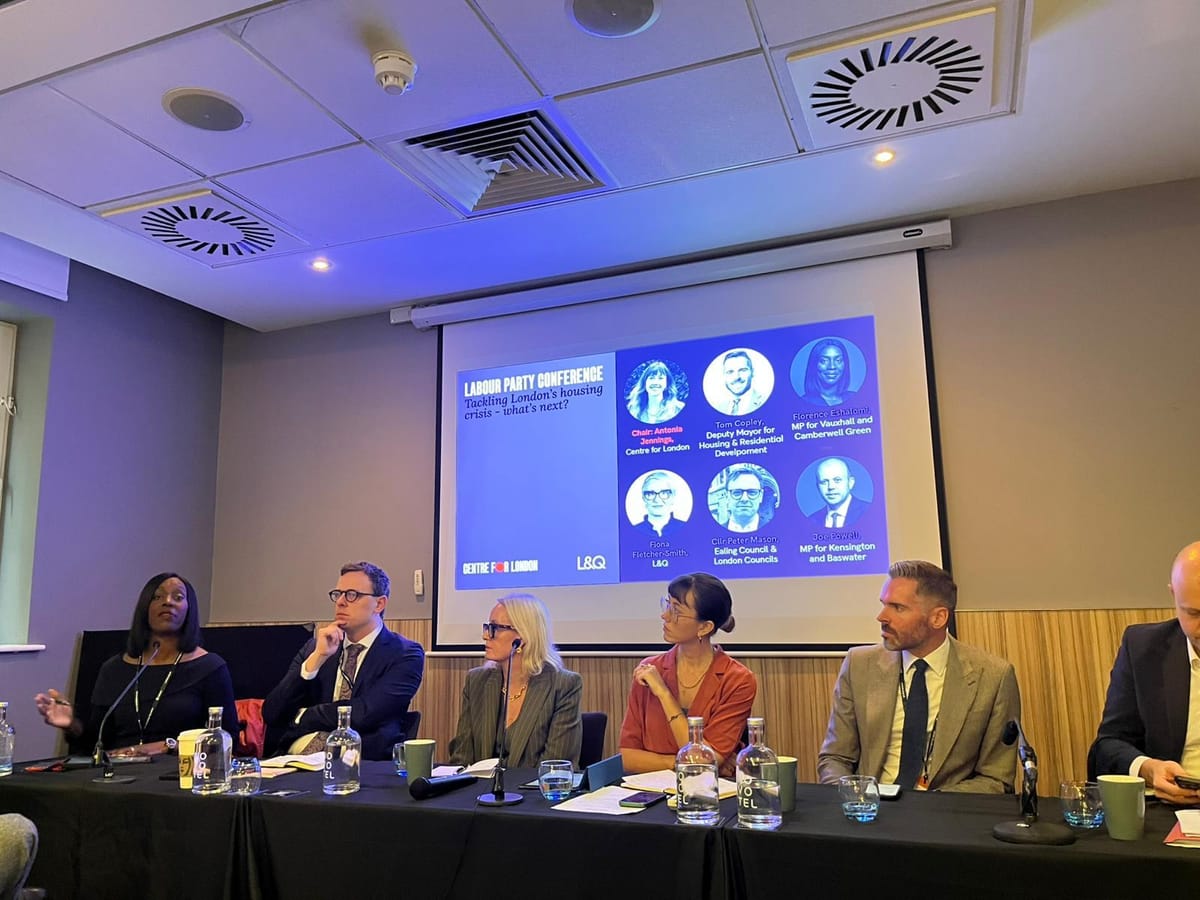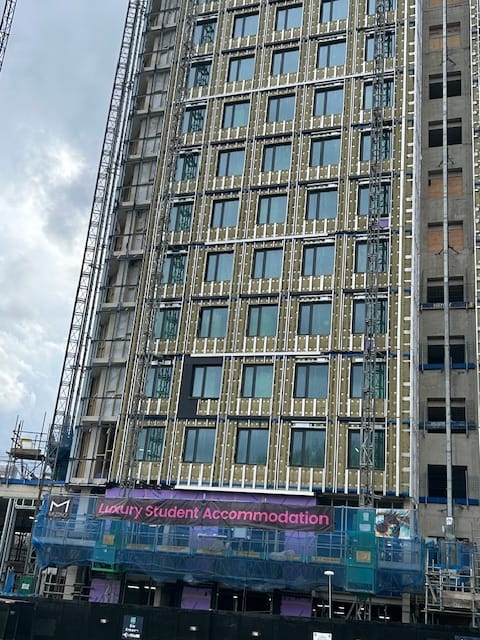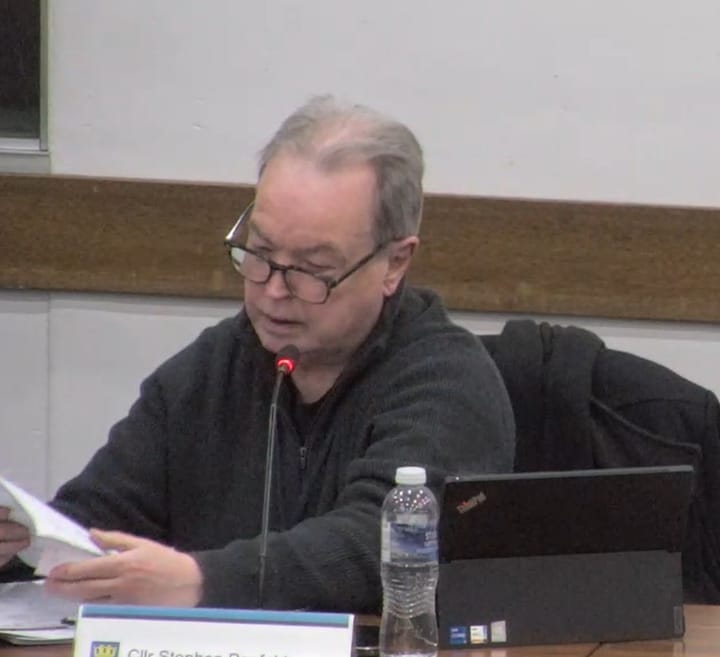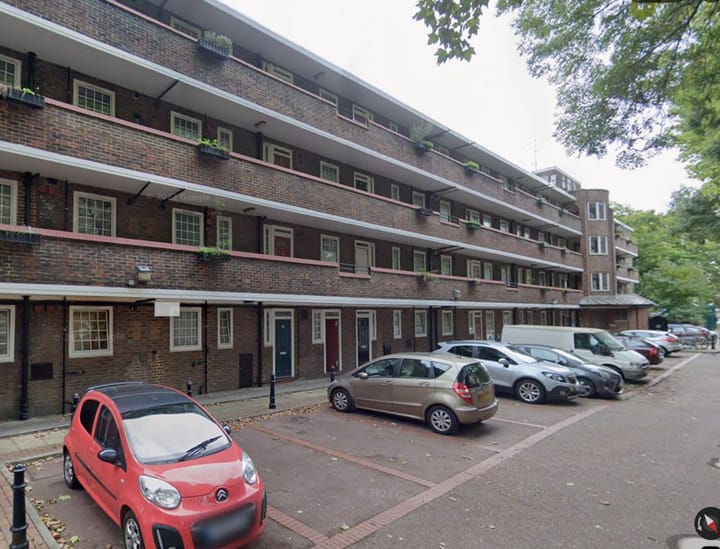Deputy mayor says skills crisis is primary factor for London’s housebuilding failures
Tom Copley, deputy mayor for housing, said that a shortage of skilled workers in the construction industry is undermining London’s ambitious housebuilding targets. Housing association L&Q said that it relied on a single roofing contractor to cover 80,000 homes last year.

Speaking at the Labour Party conference in Liverpool, Tom Copley, London deputy mayor, urged ministers to review the incentives for Further Education (FE) teaching staff in London’s construction and development sectors. He pointed out that they would earn a lot more working on a building site than lecturing in a college.
Last month the Construction Industry Training Board (CITB) estimated that an extra 61,000 workers will be needed every year for five years, if the government is to meet its target to build 1.5million homes by 2029.
City Hall has agreed to build 88,000 homes annually for the next decade in order to solve the capital’s housing crisis. But last year just 11,600 were built, prompting calls for planning reform in order to meet the target in future.
London mayor Sadiq Khan has blamed delays caused by the Building Safety Regulator (BSR), spiralling construction costs and underinvestment from the previous Conservative government for London’s shortcomings.
But Copley suggested that even if developers were given the perfect environment to build, they simply wouldn’t have the capacity due to a lack of trained staff.
Fiona Fletcher Smith, Chief Executive at L&Q, told the event at the annual Labour Party conference: “A year ago, we had one roofing company to look after 80,000 homes in London and the South-East.
“Every time it rained, I did not want to open my inbox. In London and the South East, we only have 60% of the roofing capacity we need. One thing about a home is it needs a roof that doesn’t leak.
"But every area is missing skills. We’ve only got 75% of the surveyors we need and you know, surveying is an essential part of the building process ..
“The government are doing something on skills, but the timescales don’t quite match our ambition to build. The thing that’s also lacking in the government’s approach is a failure to recognise that paying an FE college lecturer £32,000 is not going to cut it to attract the best talent to teach in schools across London.”
“People like that are very, very important and there is a crisis there,” Copley said about trainers to the construction industry. “It’s across the board ..
"I was often told previously that young people didn’t want to go into construction. But it’s more complex than that.
“There are a lot of young people who do want to go in construction, but there aren’t the people to train them because you can be earning a six-figure salary on a building site, but only £30,000 teaching in a FE college.
“So there has to be something done about getting people in so you can train up the next generation."
The government said it has plans to invest £600m to create up to 60,000 more engineers, bricklayers, electricians, and joiners by 2029, to tackle skills shortages.
Speaking at the event, Ealing Council Leader Peter Mason added: “There are 1.2m Londoners outside the the workforce today, out of a population of 8m.
“We can talk a lot about providing opportunities for people, but if you don’t have the people ready to be in the labour force, then that is the fundamental challenge.
“It’s outrageous that even now, after decades of trying to fix the challenge of aligning skills provision with skills needs, it’s only now that actually we’re getting a degree of flexibility that means that we can hopefully get the people that we need.”
At a separate event, London mayor Sadiq Khan said: “Housing is the single biggest issue facing London. We will not build 88,000 homes a year for the foreseeable future. It needs a big change in regulation and planning rules.
“Across the country, there’s been a perfect storm – a combination of Brexit, the pandemic, the mini budget [in 2022], BSR concerns, the two staircases rule when it comes to tall buildings. London hasn’t been excluded from that.”
A government spokesperson told the Local Democracy Reporting Service (LDRS): “Years of underinvestment in skills has created a dire shortage of construction workers – workers this country desperately needs if we are to meet our pledge to build 1.5m homes over the course of this parliament.
“Through our Plan for Change we have taken decisive action to build up essential skills in the construction industry and are providing £625m funding to create up to 60,000 more engineers, bricklayers, electricians, and joiners by 2029.”
Speaking on 30 September at the conference, Prime Minister Keir Starmer announced plans to shift the UK’s higher education balance away from universities and towards trade qualifications.
He laid out aims for two-thirds of young people to get higher skills, either through university, further education or taking on a gold standard apprenticeship.
The target will include at least 10% of young people pursuing higher technical education or apprenticeships by 2040.



